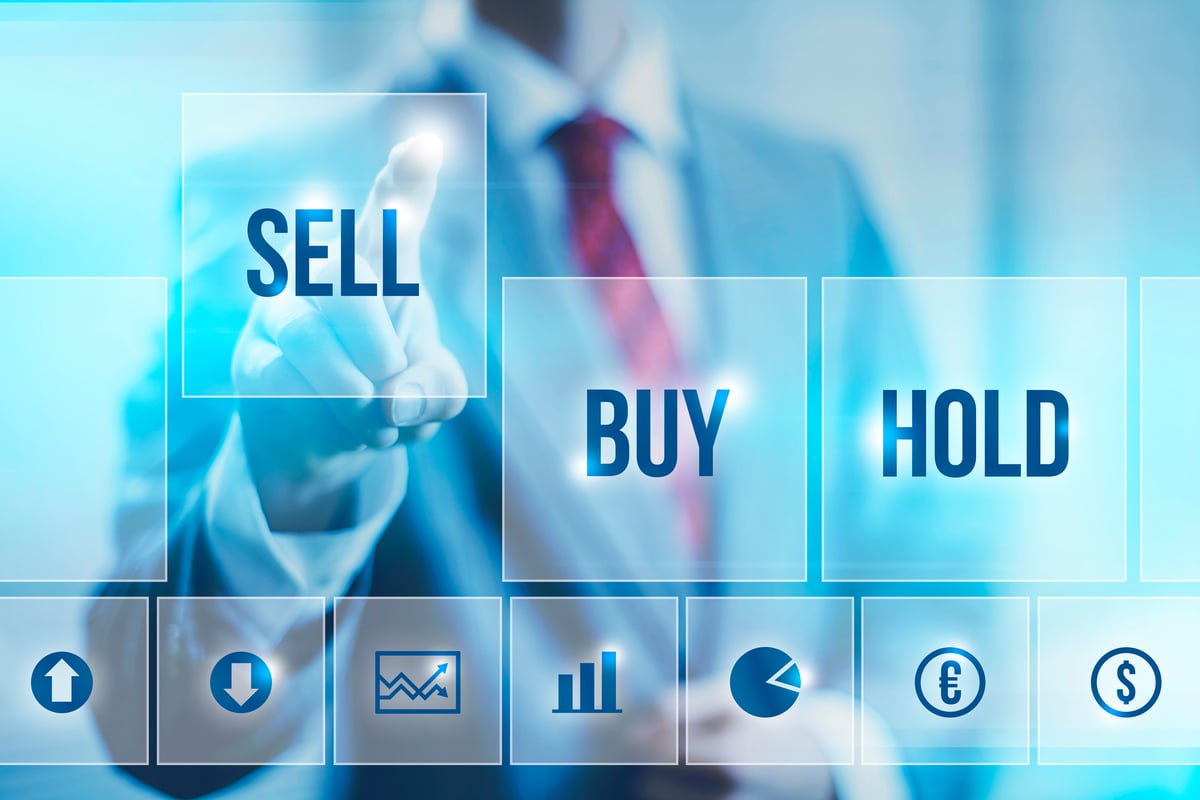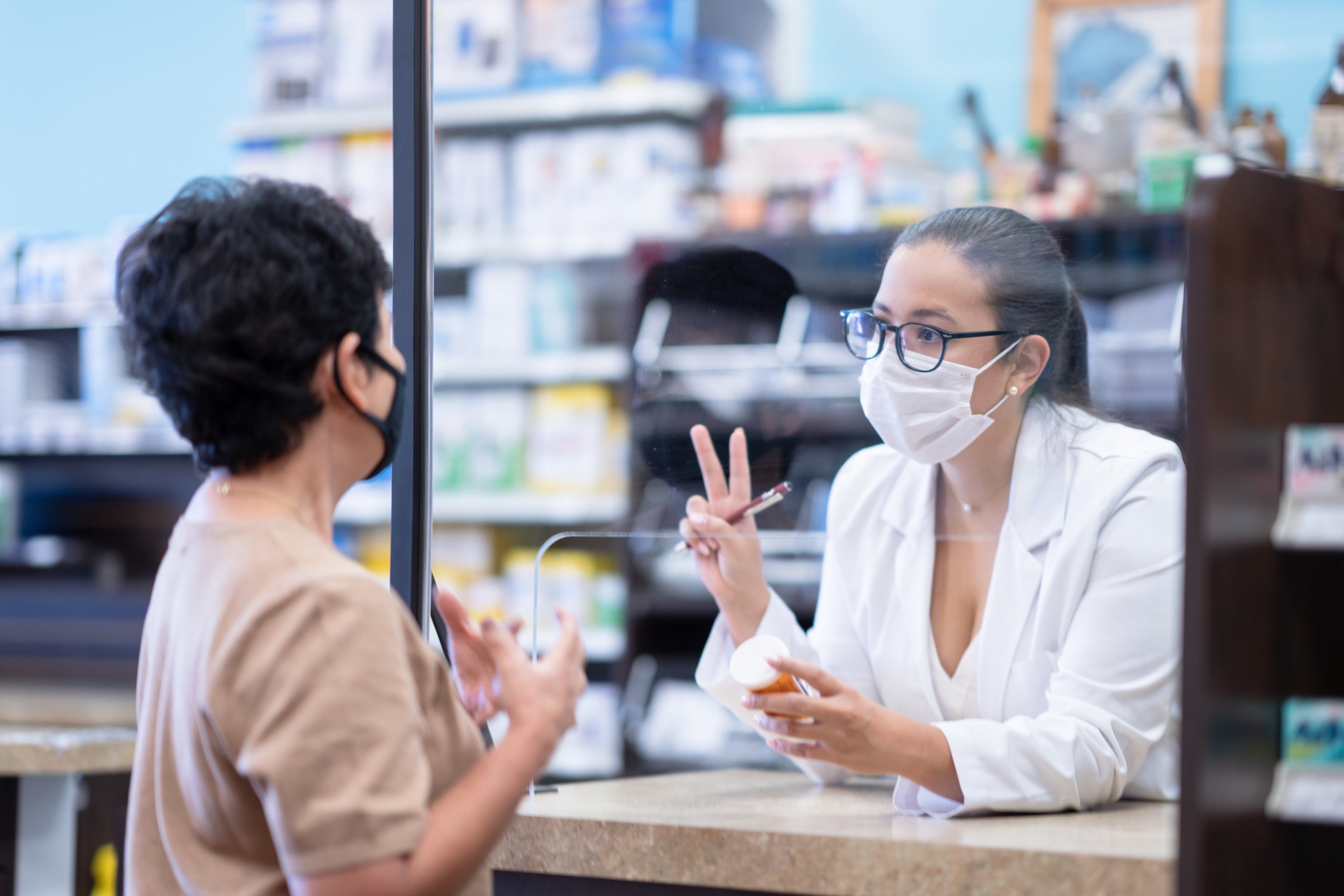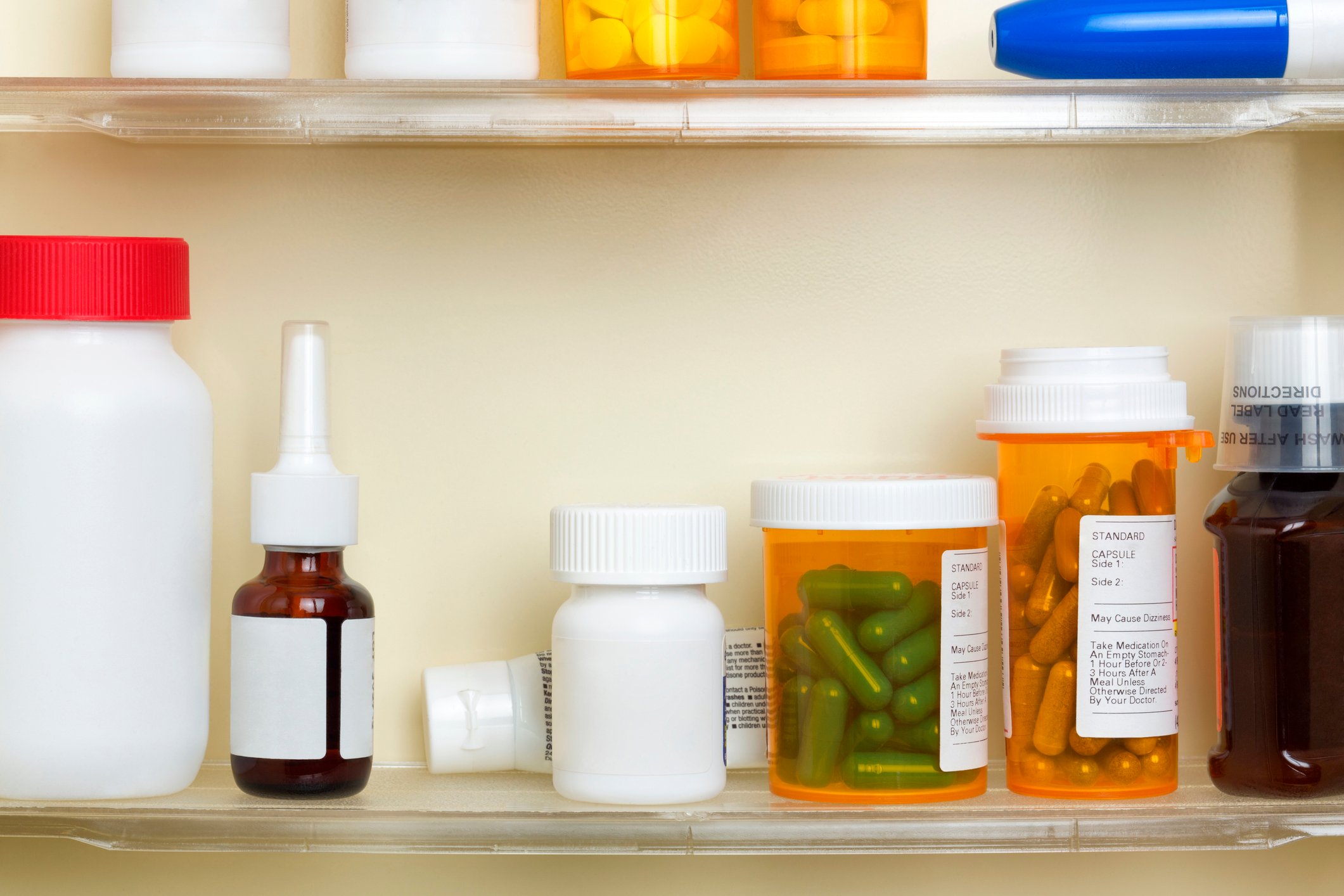Think back to 10 years ago. The New England Patriots and their quarterback Tom Brady were accused of underinflating footballs. The Supreme Court affirmed same-sex marriage nationwide. And Apple introduced its Apple Watch. Also, as happens in every year, many investors bought stocks.
What if you'd spent $1,000 on shares of AbbVie (ABBV +0.59%) stock a decade ago? What would that stake be worth now? It would be worth $3,350 -- or, if you'd reinvested your dividends in additional shares of AbbVie stock, it would be worth $4,105.

Image source: Getty Images.
That's because AbbVie is a solid dividend payer, with a recent dividend yield of 3.4%. It's a dividend grower, too. Its total annual payout was recently $6.47 per share, up from $5.64 in 2022 and $3.59 in 2018.
Before you kick yourself about missing out on this investment, know that it was actually close to average, with dividends not reinvested. AbbVie's average annual gain was 12.84%, compared to 12.62% for the S&P 500 index. When you reinvest dividends for both, AbbVie is more clearly ahead, 15.17% vs. 13.59%.

NYSE: ABBV
Key Data Points
AbbVie was spun off from Abbott Laboratories in 2013, and it's a major global pharmaceutical company with a recent market value topping $330 billion. The company is known for treatments in the fields of immunology, oncology, aesthetics, neuroscience, and eye care. A downside for investors is that it lost patent protection for its blockbuster drug Humira -- but it has a promising pipeline of drugs in development, and two immunosuppressants, Skyrizi and Rinvoq, have been selling well.
It's not too late to invest in AbbVie if you like what you see with the company. At recent levels, the stock seems neither wildly overvalued nor undervalued. Its recent price-to-sales ratio of 5.9 is a bit above its five-year average of 4.7, but that's not necessarily a deal-breaker for long-term investors. Perhaps in 2035, you'll be looking back and smiling.





